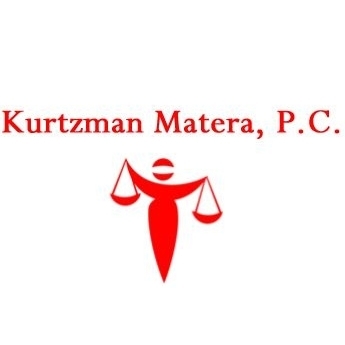It's important to remember that there are different types of bankruptcies available. We're always available to help you match your situation with the most appropriate type of bankruptcy.
One reason that people file for bankruptcy is that it can give you relief from your creditors and help you and your family get a fresh start.
When a business files for Chapter 7 bankruptcy, a trustee is appointed by the court to take possession of the assets and distribute them among creditors. After the distribution, and once the trustee is paid, the sole proprietor will receive a "discharge" at the end of the case, meaning they are released from any obligation for the debts.
Sole proprietorships are legal extensions of the owner, who is responsible for all assets and liabilities of the firm. When considering bankruptcy, a sole proprietorship can file for Chapter 7, 11, or 13 depending on the circumstances.
If you're a business owner, filing for bankruptcy can be a little trickier. Whether you need to file bankruptcy for yourself or your business, we're here to facilitate things for you.
In the Middle Ages throughout Europe, and even as recently as the 16th century in Britain, a person who couldn't pay his or her debts was commonly imprisoned and sometimes put to death.



